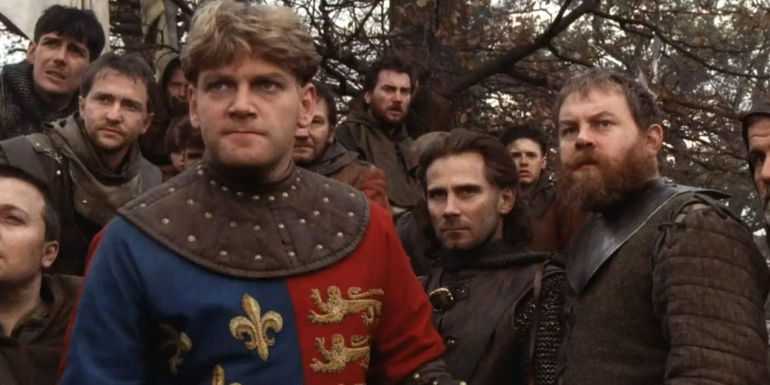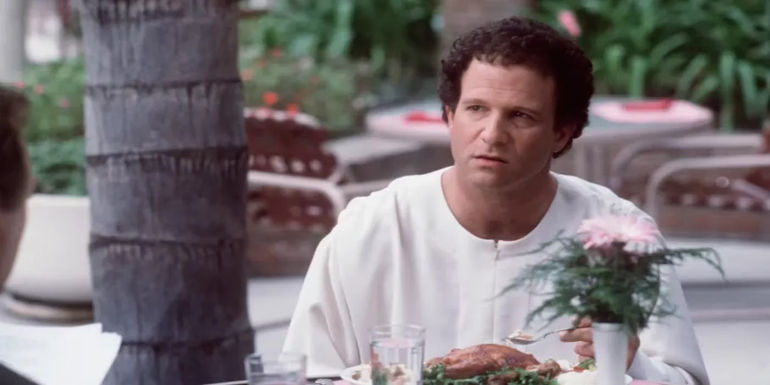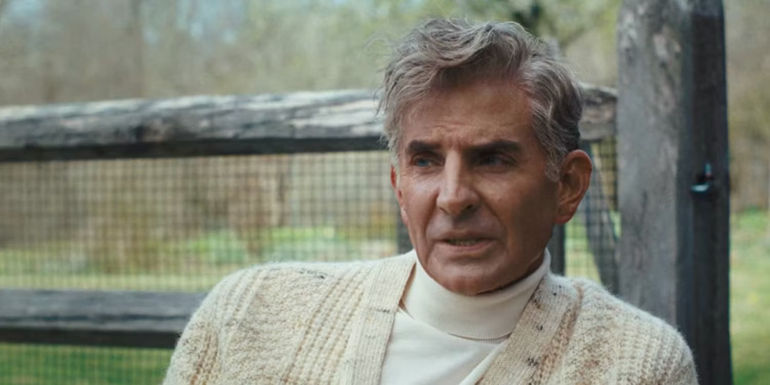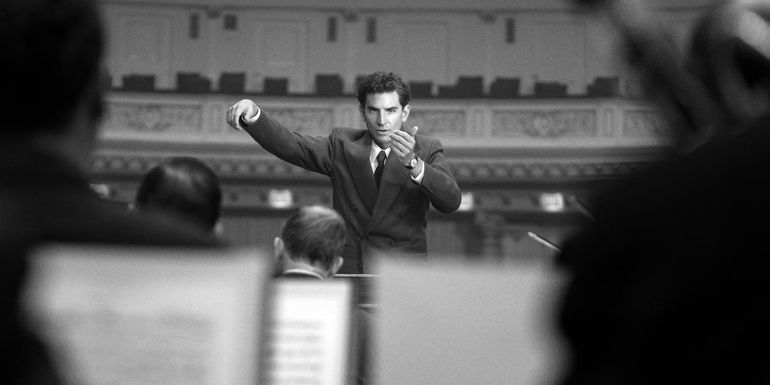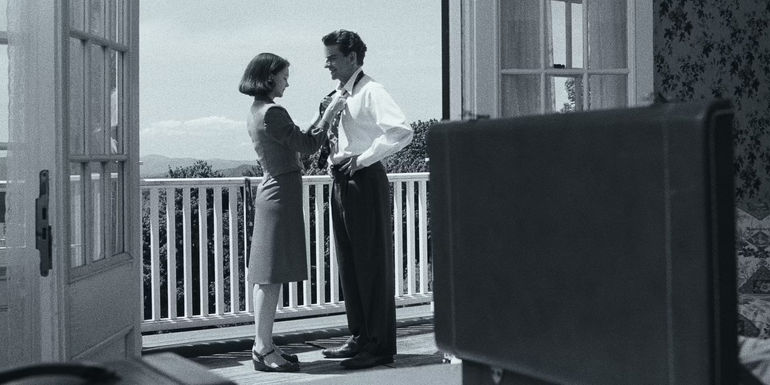
Directors Who Starred in Their Own Movies and Gave Fantastic Performances

A look at the rare instances when directors cast themselves in leading roles and delivered outstanding performances on the big screen.
The Intricacies of Directing and Acting
Directing a movie is a challenging endeavor in itself, but when the director chooses to star in their own film, the complexity grows exponentially. The delicate balance of providing the necessary direction to the cast and crew while also focusing on delivering a compelling performance as an actor is a feat few have mastered.
Kenneth Branagh in Henry V.
The history of directors taking on leading roles in their own movies dates back to the early days of cinema, where silent film stars often found themselves in dual roles behind and in front of the camera. However, the practice of directors choosing to star in their own films is relatively rare and often met with skepticism.
Warren Beatty and Diane Keaton in Reds
The potential pitfalls of a director casting themselves as the lead in their own movie are numerous. It can easily come across as a vanity project, where the director's desire to be in the spotlight overshadows the artistic integrity of the film. The risk of self-indulgence looms large, and the line between genuine artistic expression and self-aggrandizement can be perilously thin.
Laurence Olivier in Hamlet.
Notable Director-Actor Performances
Despite the inherent challenges and risks, there have been instances where directors have chosen to star in their own films and delivered performances that have captivated audiences and critics alike. From Shakespearean adaptations to epic historical dramas, these director-actor performances have left an indelible mark on the cinematic landscape.
Barbra Streisand in Yentl
Kenneth Branagh, known for his compelling Shakespearean adaptations, made his directorial debut with the film 'Henry V' and delivered a standout performance as the young king seeking to conquer France. Branagh's seamless transition from stage acting to directing and acting on screen showcased his prowess as both a director and actor.
Albert Brooks in Defending Your Life
Warren Beatty's portrayal of American journalist John Reed in 'Reds' not only earned him an Oscar for directing but also showcased his captivating charisma and tender vulnerability as an actor. The over three-hour epic stands as a testament to Beatty's multifaceted talents as a director and actor.
John Cassavetes, Ben Gazzara, and Peter Falk in Husbands
Laurence Olivier's directorial and acting prowess shone in his adaptation of 'Hamlet,' with his performance as the Prince of Denmark earning him an Oscar and solidifying his place as one of the best actors of his generation. Olivier's interpretation of the iconic character remains a definitive portrayal to this day.
Bradley Cooper as Leonard Bernstein in Maestro
A Rare Balance of Talent and Vision
The decision to cast oneself in the lead role of a film requires a delicate balance of talent and vision, as directors must justify their presence on screen through their exemplary acting skills and their unique directorial perspective. When executed successfully, these rare instances of directors starring in their own films transcend the potential pitfalls and elevate the cinematic experience.
Bradley Cooper composing in Maestro
Barbra Streisand's tour de force in 'Yentl' exemplifies the rare combination of directing, acting, and singing prowess, as she skillfully portrayed a Jewish woman who disguises herself as a man to pursue religious training. Streisand's layered and complex performance showcased her ability to carry the entire film while delivering a compelling character portrayal.
Carey Mulligan tying Bradley Cooper's tie in Maestro
Orson Welles' iconic performance as Charles Foster Kane in 'Citizen Kane' stands as a testament to the rare fusion of directorial vision and exceptional acting ability. At just 25 years old, Welles co-wrote, directed, and starred in the groundbreaking film, delivering a performance that remains timeless and deeply human.
Bradley Cooper as Leonard Bernstein smoking a cigarette in Maestro
Elaine May's portrayal of Henrietta in 'A New Leaf' not only showcased her comedic skills but also highlighted her adeptness as a director-actor. May's ability to bring depth and complexity to her character while maintaining her directorial vision is a testament to her rare talents as a filmmaker and performer.
Bradley Cooper as Leonard Bernstein looking at Carey Mulligan in Maestro
Conclusion
The intersection of directing and acting presents a unique challenge for filmmakers, and the decision to cast oneself in a leading role requires a delicate balance of talent, vision, and artistic integrity. While the practice of directors starring in their own films is relatively rare, the instances where it has been executed with exceptional skill and nuance have left an indelible mark on the history of cinema.
Still from Citizen Kane with Orson Welles leaning forward, talking
From Shakespearean adaptations to groundbreaking epics, the director-actor performances highlighted in this article serve as a testament to the rare fusion of directorial vision and exceptional acting ability. These instances stand as a reminder of the transformative power of film and the enduring impact of visionary director-actor performances.
Charles Foster Kane in front of a portrait of himself in Citizen Kane
